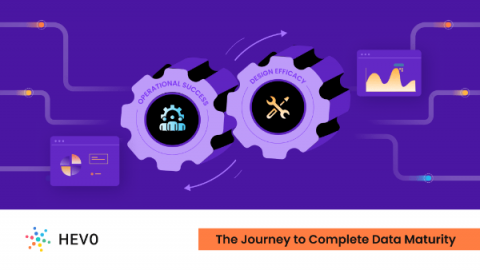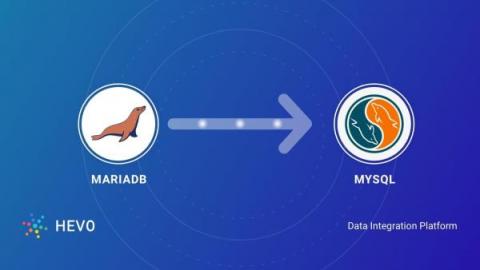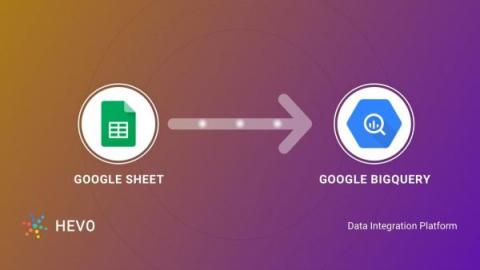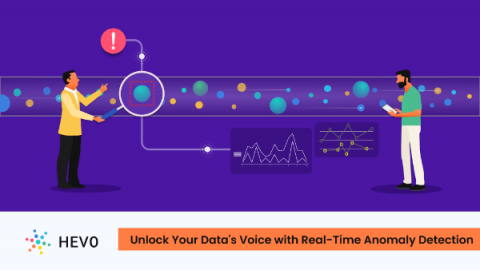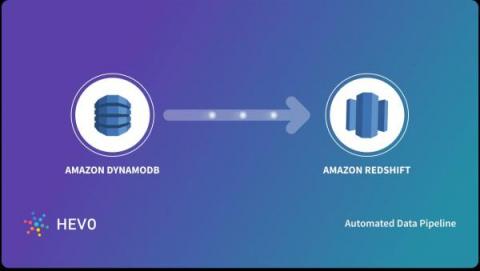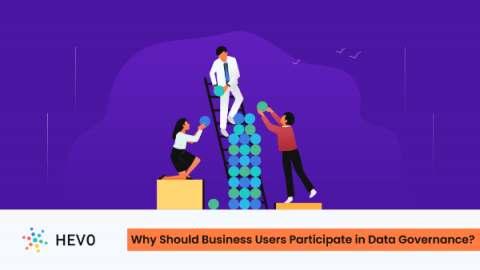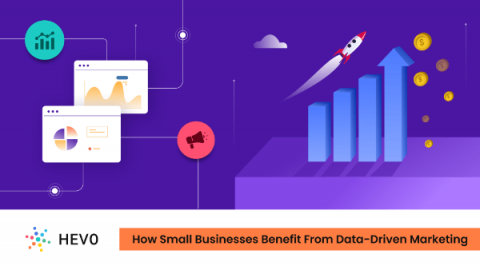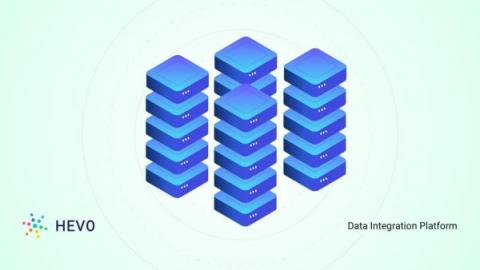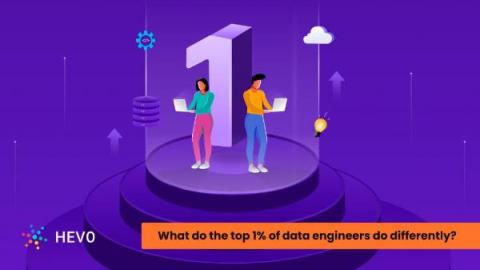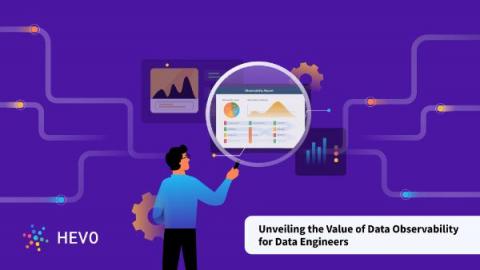Data Maturity Models: Why Having Capabilities in Place Isn't Enough
Data maturity models measure the extent to which organizations have developed their data capabilities. They focus on a couple of dimensions that can include strategy, leadership, culture, people, governance, architecture, processes, and technology. Table of Contents The maturity levels of each of these dimensions may be measured along a continuum of four to six levels.


